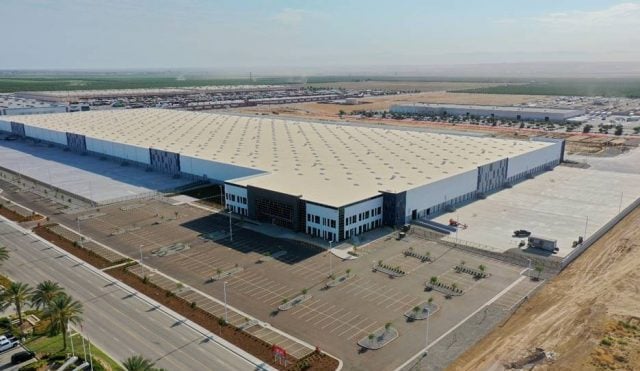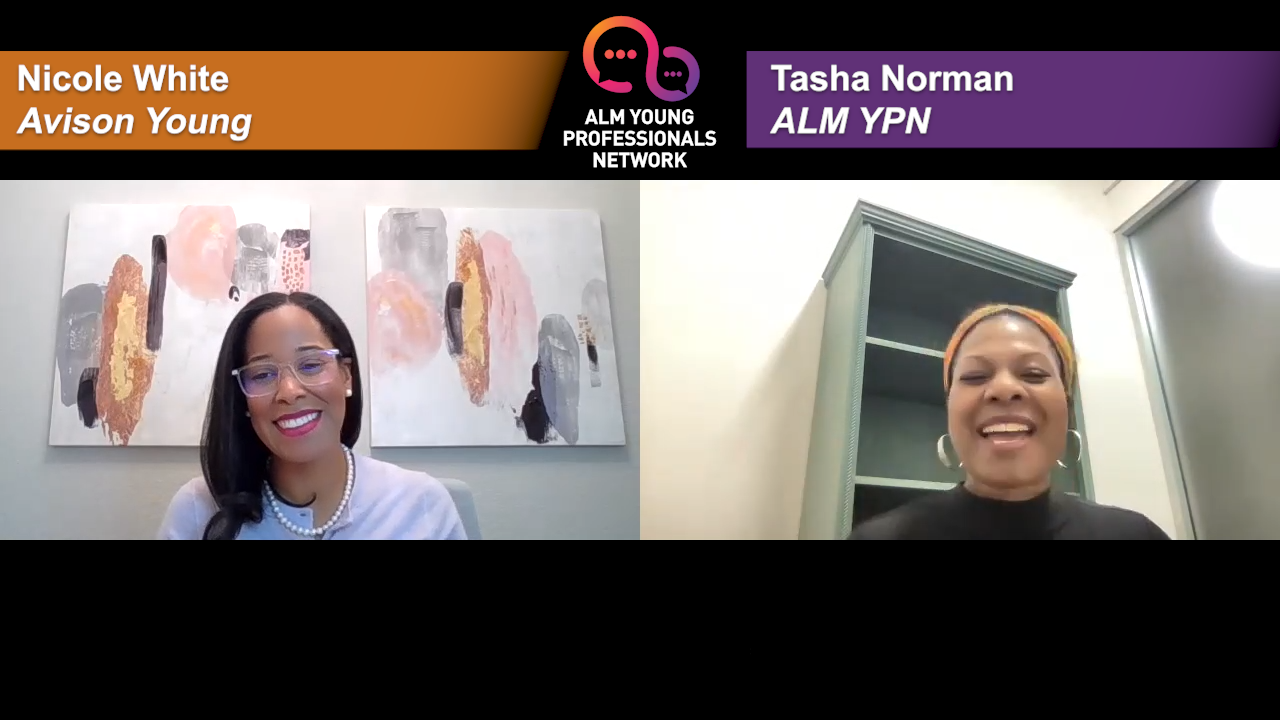ORANGE COUNTY, CA—Consumers are fitting their holiday shopping in between other happenings in their hectic lives, and technology has led to more efficient and purposeful shopping, experts tell GlobeSt.com. Both of these changes are representative of a shift in consumers' holiday shopping habits that is impacting both brick-and-mortar stores and digital retail outlets.
Cynthia Murphy, retail SVP and regional leasing director for JLL, tells GlobeSt.com exclusively that rather than planning all-day shopping marathons, consumers are shopping for shorter times more frequently throughout the holiday season. "In the past couple of years, the majority of holiday shopping is happening later in December; it spiked last year on December 16th."
Holiday gift research has been starting as early as Halloween, and the reliance on the Web—as well as peer weigh-in through YouTube—has increased, Murphy says. "Brand loyalty has been diluted, and more customers are open to change by looking to new stores and new brands."
While economists are still cautious, shoppers and consumers plan to spend the same or more on holiday shopping than last year, Murphy says. "The primary reason for this is that household finances are improving and consumers have more people to buy gifts for."
Also, "the impact of technology and the ability to research potential purchases before buying has led to an efficient and more purposeful shopping experience," says Murphy. "This driver will continue."
The brick-and-mortar retailers that have embraced technology by merging their online and physical store presence have proved to be more successful since the recession than those retailers who have not, she adds. "Online retailers are discovering they cannot match a seamless customer experience in-store."
And while some initial Black Friday research figures may indicate superficially that holiday sales in brick-and-mortar stores losing to online retailers, upon closer inspection this is not the case. According to Greg Maloney, CEO of JLL Americas Retail, "Some media reports regarding recent Black Friday sales estimates have attempted to explain a drop in estimated total bricks-and-mortar sales as evidence of a wholesale move of shoppers from physical to online stores. We believe these conclusions are hasty and erroneous. The truth is much more nuanced, and represents a gradual shift in shopper behavior."
Maloney says his firm has seen a slow drop in emphasis on Black Friday commerce in favor of shopping later in the holiday season. "From the consumer perspective, there is really only one type of 'commerce'—they simply prefer the most convenient channels. To be effective this holiday season, retailers need well-coordinated and integrated sales efforts with both physical and virtual components to create a sense of identity for a retail property, embedding it in the heart of a community."
Brick-and-mortar stores still drive national retail sales with 93% of purchases made in physical stores, and 7% online, says Maloney. "It's not exactly the end of retail as we know it."
It will take the Commerce Department up to a month to release complete information on retail sales for the holiday period, he adds. "Current releases of estimates are based on small samples and do not tell the full story. What we do know about Black Friday and Thanksgiving is that the retail space is changing, and online channels are increasing in importance—not just for sales, but also for browsing and order-online-pick-up-in-store. We continue to call for a 3% growth in holiday sales, with the vast majority of those transactions occurring in brick-and-mortar locations."
© 2025 ALM Global, LLC, All Rights Reserved. Request academic re-use from www.copyright.com. All other uses, submit a request to [email protected]. For more information visit Asset & Logo Licensing.







